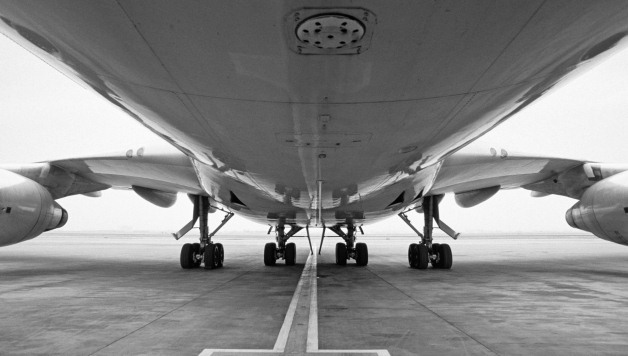Easter has come early for Qantas and Emirates as the ACCC today granted final conditional authorisation for their global airline alliance, allowing the two airline partners to coordinate their passenger and cargo operations until 31 March 2018.
In addition to coordination on core passenger and cargo activities, the airlines are also able to coordinate on related services such as line maintenance engineering services and flight training for air crew and cabin crew, as well as joint procurement of goods and services including aviation fuel. The authorisation does not include coordination on third-party services such as catering and aircraft cleaning, being services where competition concerns may arise.
As indicated in our previous post on the draft decision, the ACCC expressed concerns about the impact on the level of competition on the trans-Tasman routes – similarly, the final authorisation has been granted subject to a condition relating to those routes.
The ACCC Chairman, Rod Sims, stated that the ACCC believes “the alliance is likely to result in public benefits through enhanced products and service offerings by the airlines, and improved operating efficiency”. In particular, the ACCC considers that a number of public benefits will flow from the alliance and which will outweigh any competitive detriment. In addition to the public benefits outlined in our previous post, the public benefits are likely to include:
- increased access for passengers to a large number of existing frequencies and destinations under a single airline code,
- improved connectivity and scheduling via enhanced online connections and synchronising of schedules;
- access to both airline’s frequent flyer programs and related benefits;
- increased operating efficiency and flexibility for the airline partners to manage their fleet by deploying larger, more fuel efficient aircraft; and
- reduction in wingtip flying (multiple airlines flying the same routes at the same time of the day) and fixed costs through consolidation of office space, lounges and back office functions.
In assessing potential competitive detriment, the ACCC considered (with the exception of the trans-Tasman routes), on the routes where the parties overlapped, that the alliance would face continued competition from a large number of established airlines operating through alternative hubs including Singapore, Hong Kong, Abu Dhabi and several other Chinese cities.
In relation to the trans-Tasman routes, the ACCC was concerned that the alliance would have the ability and incentive to unilaterally reduce or restrict growth in capacity, with consequent increase in fares, on the following four routes:
- Sydney-Auckland
- Melbourne-Auckland
- Brisbane-Auckland
- Sydney-Christchurch
The ACCC authorisation therefore includes a condition that the airlines maintain, at a minimum, their aggregated pre-alliance capacity on those four routes – this will be reviewed on 1 September 2015 and, subject to capacity figures provided on a regular basis to the ACCC, the ACCC will decide whether to increase the ongoing capacity to be provided by the alliance.
Transport Minister, Anthony Albanese, has welcomed the decision saying that “The Flying Kangaroo has a special place in the heart of all Australians and this is good news for Australian travellers and the Australian economy. Millions of travellers stand to benefit from cheaper fares, reduced travel times and greater access to more destinations in the Middle East, Africa and Europe.”
The authorisation decision is subject to a review period which means that third parties may seek a review of the decision to the Competition Tribunal. If no review application is brought, the decision will be effective from 18 April 2013. Until 18 April 2013, Qantas and Emirates will operate on a coordinated basis under interim authorisation which reflects the terms and conditions outlined above.
Photo credit: Mark Winterbourne | P H O T O G R A P H Y / Foter.com / CC BY








